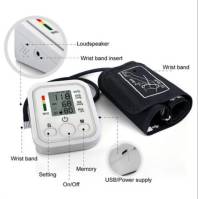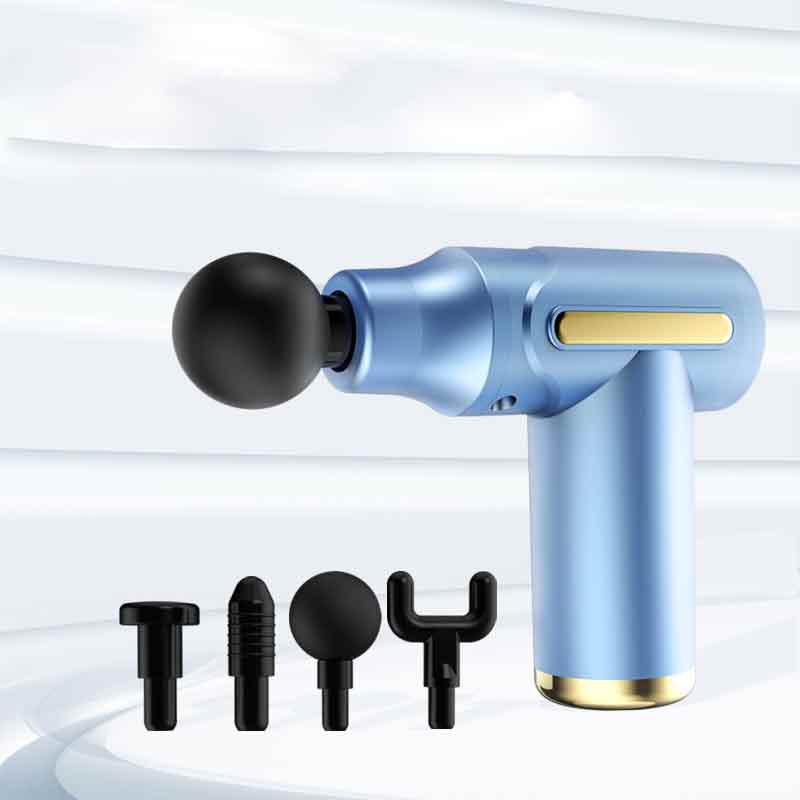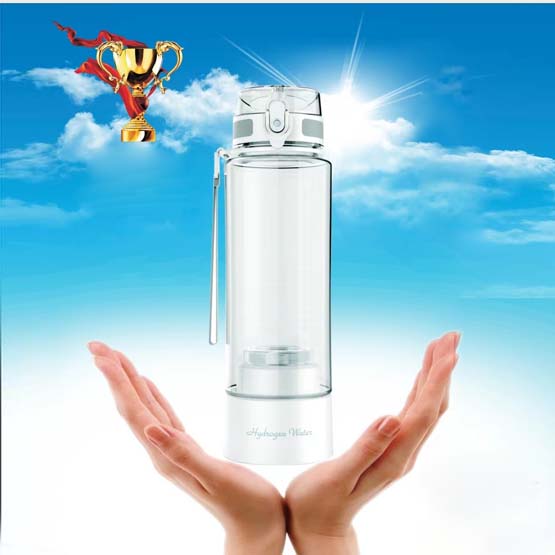- General medical supplies
- Medical devices
- Medical materials and consumables, dressings
- Physical therapy products
- Sports joint protection products
- health food
- Chinese herbal medicine
- sports goods
- Household appliances and various products
- Furniture trade
- The functions of textiles
- Personal care products
- The functions of daily necessities
- Internet sales
- legal advice
{bdky:LinksListNum}
{bdky:LinksListNum}
{bdky:LinksListNum}
{bdky:LinksListNum}
{bdky:LinksListNum}
Bamboo Charcoal
 Bamboo charcoal has a long history in China and has been documented as early as 1486 A.D. during the Ming Dynasty in <Chuzhou Fu Zhi>. Later, it was also mentioned in the Qing Dynasty during the rule of Kang Xi, Qian Long and Guang Xu.
Bamboo charcoal has a long history in China and has been documented as early as 1486 A.D. during the Ming Dynasty in <Chuzhou Fu Zhi>. Later, it was also mentioned in the Qing Dynasty during the rule of Kang Xi, Qian Long and Guang Xu.Bamboo charcoal is made of bamboo by means of a pyrolysis process. According to the types of raw material, bamboo charcoal can be classified as raw bamboo charcoal and bamboo briquette charcoal. Raw bamboo charcoal is made of bamboo plant parts such as culms, branches, and roots. Bamboo briquette charcoal is made of bamboo residue, for example, bamboo dust, saw powder etc., by compressing the residue into sticks of a certain shape and carbonizing the sticks. There are two equipment processes used in carbonization, one is a brick kiln process, and the other is a mechanical process.
Uses
Bamboo charcoal is mainly used as fuel for cooking and drying tea in China and Japan. Most bamboo charcoal for fuel is bamboo briquette charcoal, and the rest is raw bamboo charcoal. Bamboo material has an extraordinary micro-structure: it has a high absorptive capacity after carbonization, and becomes even more effective after activation. Bamboo charcoal can be used to purify water and eliminate organic impurities and smells. Drinking water sterilized with chlorine can be treated with bamboo charcoal to remove residual chlorine and chlorides. In addition, a process involving bamboo charcoal has recently been developed in Taiwan using nanotechnology in combination with silver to produce a textile fiber.
Benefits
Bamboo charcoal is known to have high porosity. Various impurities or foreign matter will be absorbed over the wide surface area of the charcoal. Bamboo charcoal will also emit oxygen and negative ions that help people and animals achieve a more peaceful state of being. When air passes over, if the humidity is high, the charcoal will absorb the moisture and the air will be converted to dry air. If the air is too dry, then the charcoal will discharge its own moisture, thus adjusting the humidity in the air. This makes it an excellent humidity regulator. It also has high mineral content such as calcium, potassium, sodium and iron.
Bamboo charcoal has other benefits, too: it absorbs unpleasant room odours and harmful substances, generates negative ions that will put people in a better frame of mind, and emits far-infrared that helps to improve blood circulation.
Also known as "Black Diamond", bamboo charcoal products are well received in Japan, Korea and Taiwan. Over the years, many uses have been created for household to bedding and personal care. Environmentally-friendly, bamboo charcoal products are able to regain effectiveness with easy maintenance.
Previous :The function of bamboo fiber








